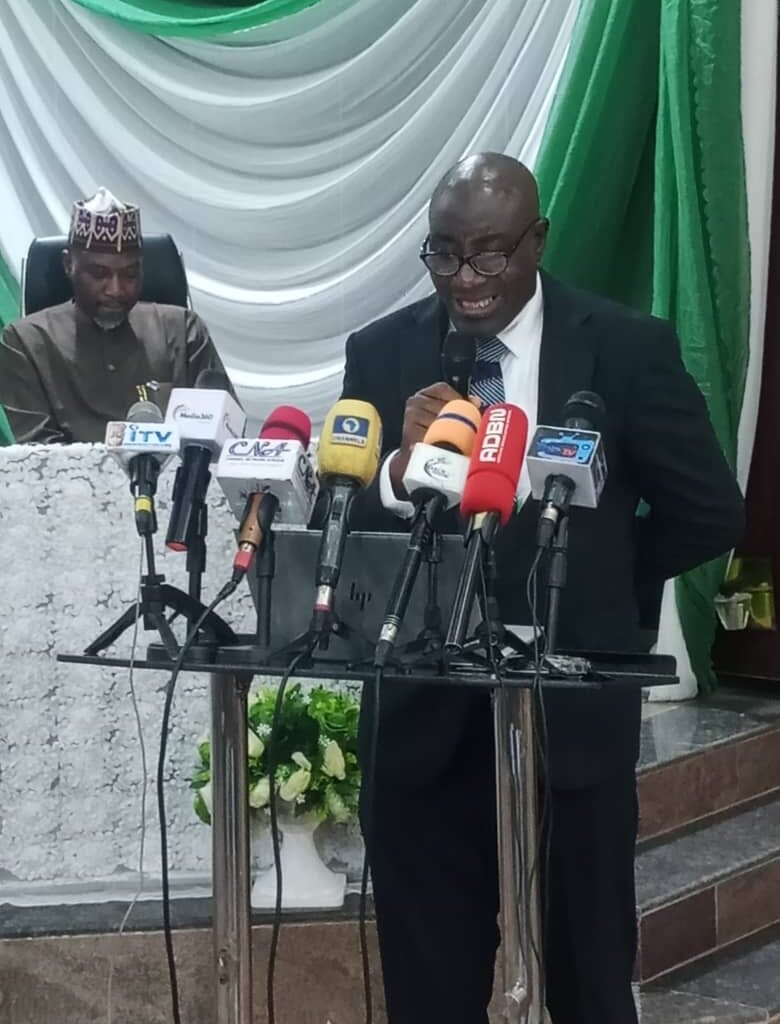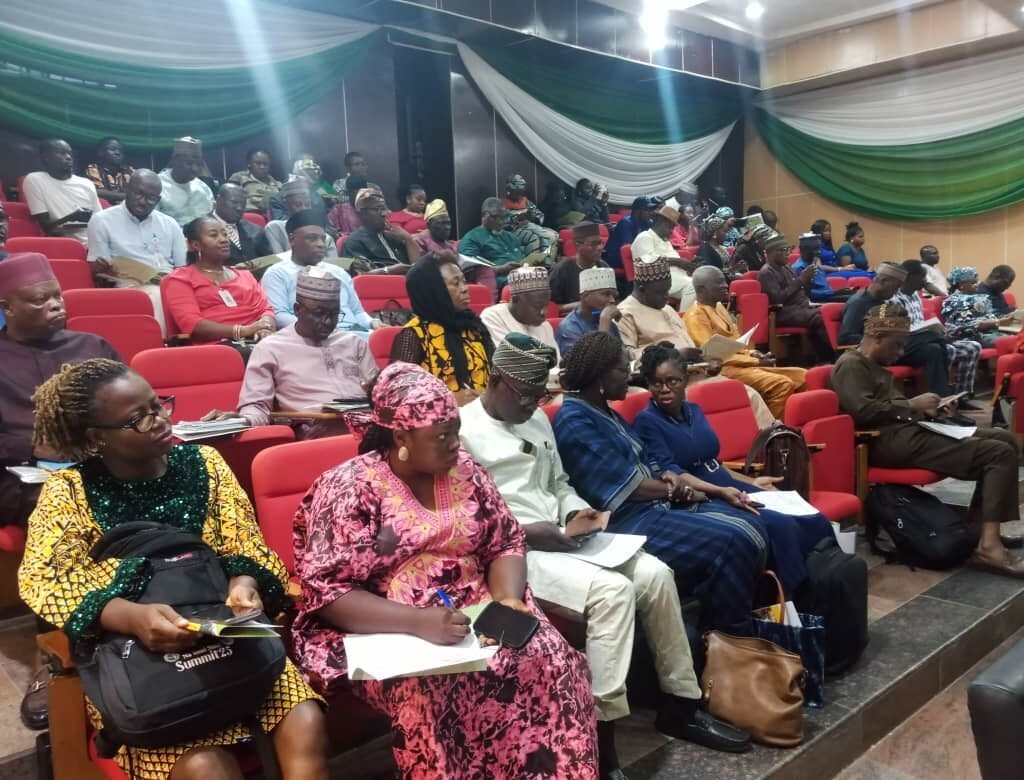
By Ameh Gabriel
Nigeria’s agricultural research and innovation system is set for a major overhaul as the Agricultural Research Council of Nigeria (ARCN) has pledged full commitment to implementing the ARCN (Amended) Act 2021.
The Act, designed to reform and strengthen the Council’s mandate, expands its oversight to include National Agricultural Research Institutes (NARIs), Federal Colleges of Agriculture (FCAs), and related institutions, while establishing a stronger framework for governance, accountability, and innovation.
Speaking at the Maiden National Stakeholders’ Forum on Agricultural Research Capabilities in Abuja, ARCN’s Executive Secretary, Dr. Abubakar Adamu Dabban, described the gathering as “catalytic,” saying it provided a platform to take stock of achievements, identify gaps, and set a forward-looking agenda for the sector.

“This forum allows us to chart a future anchored on the amended ARCN Act, ensuring Nigeria’s agricultural research system is climate-smart, globally competitive, and responsive to national needs,” Dabban said.
Reform Agenda Underway
Dr. Dabban revealed that the Council has already commenced critical actions in line with the amended Act. These include:
Developing second-generation Strategic and Operational Plans for ARCN.
Revisiting the Conditions and Schemes of Service for ARCN, NARIs, and FCAs.
Re-examining the Ministerial Committee report on the Act’s implementation to ensure full execution.
Reviewing and updating the Guidelines for Management of NARIs and FCAs, last revised in 2009.
“These reforms are essential to repositioning our institutions to deliver impactful research and innovation that can drive food security and rural development,” he emphasized.
Stakeholders Back Reforms
The forum, convened in collaboration with the International Institute for Tropical Agriculture (IITA), the Committee of Directors of Research Institutes (CODRI), and the National Committee of Heads of Colleges of Agriculture and Related Disciplines (NACHCARD), drew participants from government, academia, private sector, and farmer groups.

Professor Atanda, representing CODRI, praised the initiative as a bold step toward strengthening research institutions, while Dr. Lelia Dongo called for greater synergy across the national research system. Dr. Adekok Raji, speaking on behalf of the Colleges of Agriculture, highlighted the need to align research with urgent challenges of food security and climate resilience.
Consensus on Transformation
Participants commended ARCN’s renewed drive and pledged support for the full operationalization of the amended Act. They stressed that, if faithfully implemented, the reforms would address long-standing governance and structural challenges in agricultural research, while ensuring that innovations transition from “lab to land.”
The consensus was clear: with the ARCN Act 2021 as a compass, Nigeria’s agricultural research and innovation system is poised for transformation — one that will make agriculture more sustainable, resilient, and globally competitive.





